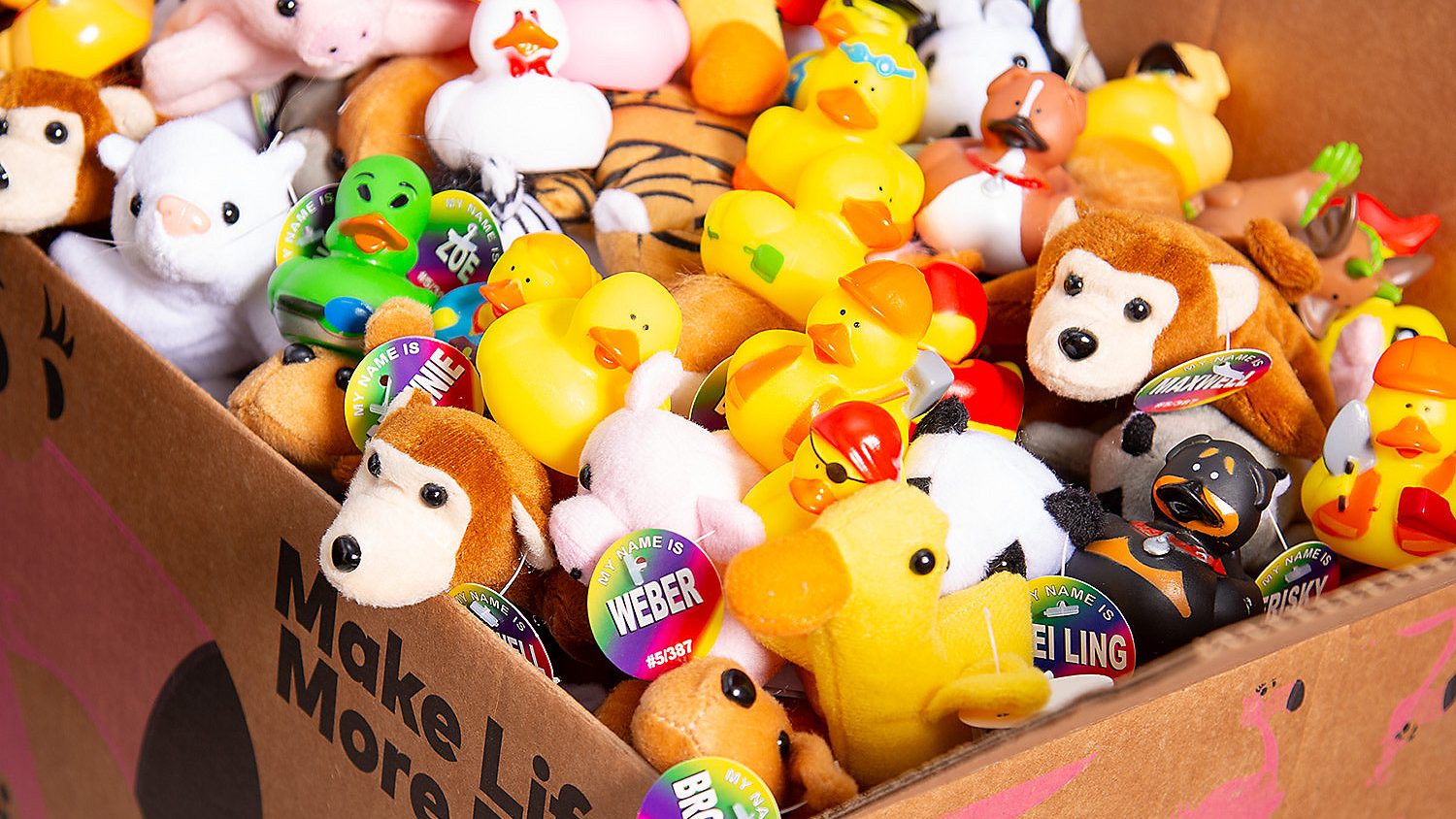Businesses are always looking for original ideas to improve brand visibility, build consumer loyalty, and boost their marketing campaigns in the very competitive environment of today. Small stuffed animals in bulk are one shockingly useful instrument that has become popular in many different fields. Though they appear like basic toys, these soft, cuddly objects are great marketing tools, freebies, and income-generating products bought in quantity. From retail chains to healthcare providers, businesses are using the emotional appeal and use of plush animals to really engage their customers.
Boosting Brand Identification with Custom Plush Toys
Business success mostly depends on brand awareness, hence tailored stuffed animals offer a special approach to get it. Because of its emotive appeal, plush toys provide a lasting impact unlike more conventional promotional objects like pencils or keychains. Investing in miniature stuffed animals in volume gives a firm the chance to personalise them with personalised colours, logos, and text fit for their brand identification.
Corporate gatherings, trade exhibits, and community outreach initiatives all frequently feature these branded fluffy toys as prizes. A children’s hospital may, for example, give young patients soft mascots with its logo so they have a pleasant and unforgettable experience. Similar plush replicas of company mascots are sold in theme parks and entertainment venues, therefore strengthening brand recognition and creating extra income.
Boosting Emotional Connections and Customer Loyalty
Businesses buy bulk fluffy toys mostly because of their capacity to create emotional relationships. Stuffed animals are perfect for companies that wish to establish a closer relationship with their consumers as they inspire warmth, nostalgia, and a feeling of comfort unlike those of conventional marketing items.
For limited-time specials or loyalty programs, retailers, for instance, frequently utilise fluffy toys as rewards. Every seasonal drink purchase may come with a collectible plush animal from a coffee shop, therefore promoting return visits and higher expenditure. Likewise, using the emotional reaction that soft toys create, charity organisations often use them as part of their fundraising efforts. Associating their brand with a feel-good, comfortable product can help companies create enduring brand affinity and develop consumer connections.
Economical Marketing with Strong Return on Investment
When bought in mass, little stuffed animals may be a reasonably affordable marketing tool even if they seem to be luxury. For big purchases, manufacturers give notable reductions that let companies get premium fluffy toys at a fraction of the retail cost. Unlike other marketing initiatives, including digital commercials requiring continuous investment, plush toys offer a physical, one-time cost with long-term rewards.
Branded plush animals often show a better return on investment (ROI) than conventional advertising techniques, according to businesses. When a brand is connected with something nostalgic and fun, consumers are more prone to interact with and share it. A well-made plush toy may quickly spark a discussion, therefore raising natural brand awareness via social media sharing and word-of-mouth marketing. For companies aiming for younger consumers especially, this is especially helpful as fluffy toys appeal to kids and their families naturally.
Conclusion
Investing in bulk little stuffed animals is a strategic company decision with several benefits, not only a creative one for marketing. These delicate and emotive objects have a special power to make an impact whether they are utilised for direct sales, customer involvement, or brand promotion. The timeless appeal of plush toys makes them a great tool that may build brand loyalty, improve marketing campaigns, and even increase income as companies keep looking for fresh approaches to stand out in crowded industries. Small plush animals show that even the most basic expenditures may pay off in a time where emotional ties rule more than ever.

